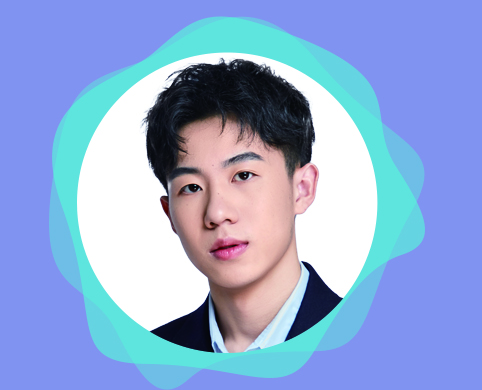The Gen Z edge in the AI era


Collaborative future
The question of whether AI can replace humans — once a common theme in science fiction — is now a real and pressing issue as AI technology advances.
"I think it's too early to say that AI can fully replace humans, but it has certainly become a powerful tool in the film industry," said Wu. "Human expertise is still essential, especially since poorly trained AI-generated work is often easy to recognize."
Zhang shared a similar view. Although the ELSER team initially focused on hitting technical milestones, they soon realized that the true value of their work lay in its ability to connect with people.
As a result, they gave more creative freedom to team members with strong aesthetic sensibilities, ultimately striking a balance between technology and art.
"Today, it's not just about mastering the technical side, but about making thoughtful aesthetic judgments," Zhang said.
Yang Feifan, 21, a member of the TruFar team, observed that when promoting their AI products in schools, the most common concern among teachers was whether AI would replace human educators.
"But once they tried it, they realized AI could handle repetitive tasks, freeing up teachers to focus on real teaching," she said.
"Teachers will continue to play a crucial role in education — AI is not their competitor, but their assistant."
Yang added that her team is also actively involved in public service, promoting AI education in Beijing, Guizhou, and, starting this year, in the Xinjiang Uygur autonomous region. Their goal is to raise awareness about AI among students from primary school to vocational school.
"We want students to see themselves not just as users of AI, but as creators in the AI era," she said.
"Through our public welfare efforts, we hope to bring the benefits of AI to classrooms in even the most remote areas."




































